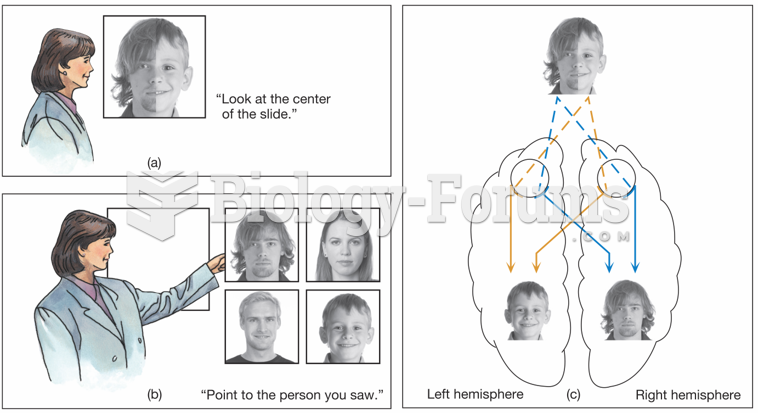Answer to Question 1
F
Answer to Question 2
Collaboration is necessary and beneficial because of the interdependency of retailers and suppliers. Retailers and suppliers must develop a partnership if they want to deal with each other on a long-term and continuing basis. Collaboration in channel relations is facilitated by three important types of behavior and attitude. This is the only way to perform marketing functions effectively and efficiently for the benefit of the customer. These are mutual trust, two-way communication, and solidarity.
Mutual Trust: Mutual trust occurs when the retailer trusts the supplier, and the supplier trusts the retailer. In continuing relations between retailers and suppliers, mutual trust, which is built on past and present performance between members, is critical. If mutual trust is present, both parties will tolerate inequities because they know in the long term they will be fairly treated. When trust exists, it is contagious and allows the channel to grow and prosper. This occurs because of reciprocity. If a retailer trusts a supplier to do the right thing and the supplier treats the retailer fairly, then the retailer develops more trust and the process of mutual trust continues to build.
Two-Way Communication: Conflict is inevitable in retail supply chains. Consequently, two-way communication becomes the pathway for resolving disputes and allowing the channel relationship to continue. Two-way communication occurs when both parties openly communicate their ideas, concerns, and plans. Because of the interdependency of the retailer and supplier, two-way communication is necessary to coordinate actions. Disputes can be resolved by good two-way communication, and this improves trust. Furthermore, trust facilitates open two-way communication. The process is circular and builds over time.
Solidarity: Solidarity exists when a high value is placed on the relationship between a supplier and a retailer. As trust and two-way communication increase, a higher degree of solidarity develops. Solidarity results in flexible dealings where adaptations are made as circumstances change. When solidarity exists, each party will come to the rescue of the other in times of trouble.
Category management, where an entire category is managed as a unit, is one of the ways collaboration is used in supply chains today. This involves the simultaneous management of price, promotional efforts and other elements within the category based ob the firm's goals, the changing environment and consumer behavior.






